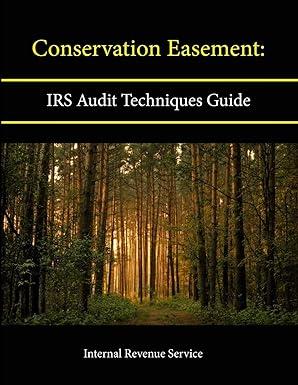Question
Which one of the following statements is most correct about international lending risk? The probability that a foreign corporation will not be able to repay
Which one of the following statements is most correct about international lending risk?
| The probability that a foreign corporation will not be able to repay all or a part of its loans is called credit risk | ||
| The probability that a foreign corporation will not be able to repay all or a part of its loans is called country risk | ||
| Credit risk is political in nature because it's related to the political situations in a country | ||
| The probability that a foreign corporation will not be able to repay all or a part of its loans is called market risk | ||
| The probability that a foreign corporation will not be able to repay all or a part of its loans is called currency risk |
The interest rate (on an annual basis) on 6-month Treasury bills is 2% in Japan and 4% in the U.S. and the spot rate 120/$. If the 6-month forward rate is 118/$ and you have $1,000,000 to invest, can you make a covered interest arbitrage profit and how much? Assume you are a U.S. investor.
| No, arbitrage profit is not possible | ||
| Yes, $ 7,118.64 | ||
| Yes, $ 3,487.39 | ||
| Yes, $ 2,911.39 | ||
| Yes, $ 1,428.57 |
What are the initial and secondary effects of expansionary fiscal policy an open economy with floating exchange rates?
| Aggregate demand increases, then increases further strengthening the policy's expansionary | ||
| Aggregate demand decreases, thus eliminating the policy's expansionary effect on real GDP | ||
| Aggregate demand increases, thus strengthening the policy's expansionary effect on real GDP | ||
| Aggregate demand does not change and has no effect on real GDP | ||
| Aggregate demand increases, then decreases weakening the policy's expansionary effect on real GDP |
The Federal Reserve enters into currency swap agreements with other central banks to
| Stabilize the value of the U.S. dollar | ||
| Loan U.S. dollars on long-term basis | ||
| Loan gold on long-term basis | ||
| Stabilize the value of foreign currencies | ||
| Loan U.S. dollars on short-term basis |
The interest rate (on an annual basis) on 6-month Treasury bills is 2% in Japan and 4% in the U.S. and the spot rate 120/$. If the 6-month forward rate is 118/$ and you have $1,000,000 to invest, what do you have to do to make a covered interest arbitrage profit? Assume you are a U.S. investor.
| Convert Japanese yen to U.S. dollars at the spot rate today then convert U.S. dollars to Japanese yen at the spot rate at maturity. | ||
| Enter into a forward contract today to sell Japanese yen at maturity | ||
| Enter into a forward today contract to sell U.S. dollars at maturity | ||
| Enter into a forward contract today to buy Japanese yen at maturity | ||
| Do nothing today, just convert the Japanese yen to U.S. dollars at the spot rate at maturity |
Step by Step Solution
There are 3 Steps involved in it
Step: 1

Get Instant Access to Expert-Tailored Solutions
See step-by-step solutions with expert insights and AI powered tools for academic success
Step: 2

Step: 3

Ace Your Homework with AI
Get the answers you need in no time with our AI-driven, step-by-step assistance
Get Started


